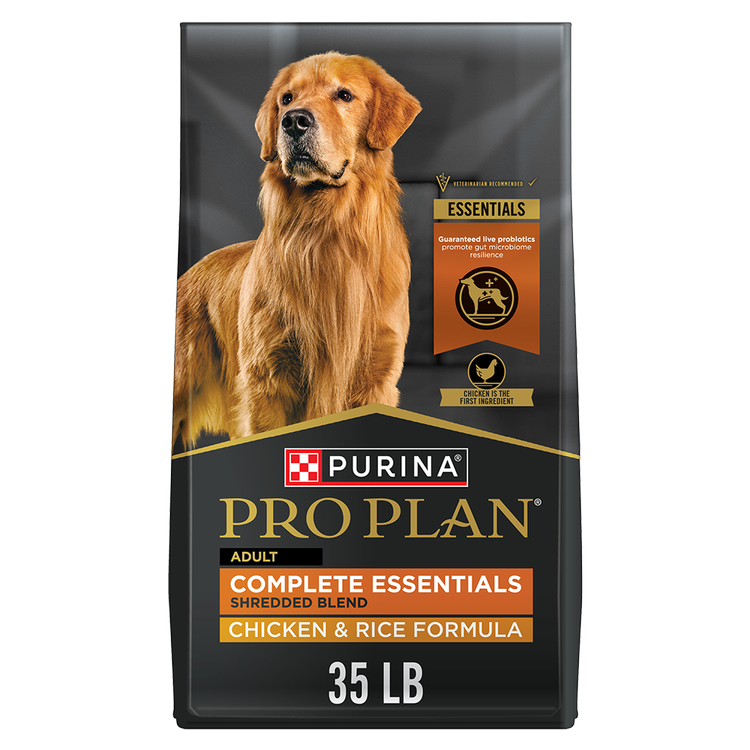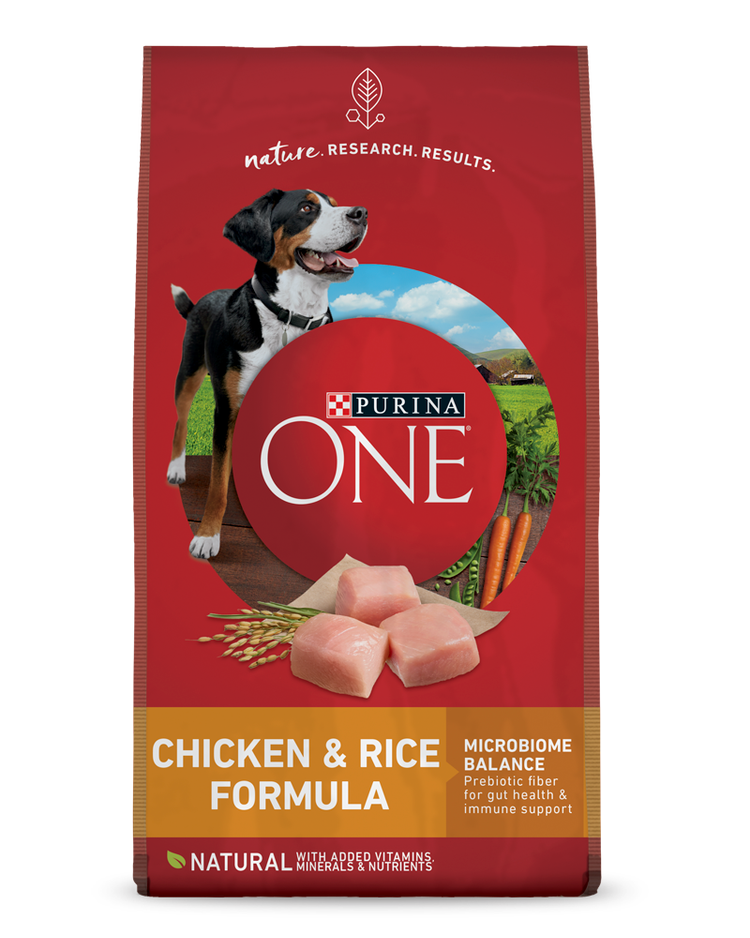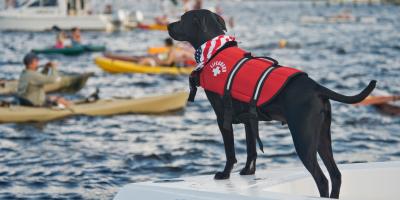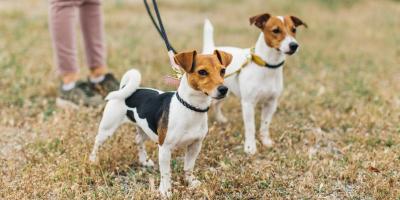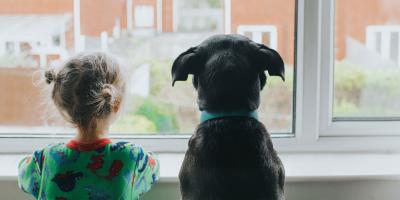Should You Adopt a Dog Before Having a Baby?


There are few things better than the relationships that develop between dogs and children. Growing up with a pet can teach a child many vital things, like learning responsibility, empathy, and playing nicely.
Despite the benefits, many people still wonder, Should I get a dog before having a baby? Whatever you ultimately decide, it's an excellent question to ask.
In general, it’s best to wait until your child is older so you aren’t trying to adjust to a new baby and a new pet all at once.
“It is easier to add a pet when the child is old enough to follow basic guidelines,” explains Animal Behavior Scientist Jean-Francois Savard, Ph.D. “Teach your child to read the behavioral cues given by dogs, and to give the animal space and not to encroach. Whether you adopt a dog before or after having a baby, it is critical to always supervise children when around pets.”
The good news is there are plenty of pets out there that play nice with children, and it's likely that you'll be able to make it work in the future. Here are some basic points to consider before adopting a new dog.
Things for Parents to Consider Before Adopting a Dog
Time Management
If you’re an expectant parent or a parent of young children, you should first consider how much free time you have before adopting a dog. If you’re a parent weighing whether or not to adopt a dog examine your schedule and think about how much time and attention you'll have left for your dog.
Dogs and children both need plenty of attention, and whether you're a single parent or have a significant other, don't stretch yourself too thin. There's no harm in waiting until your child is older so they can share in the experience of helping you care for the family dog.
Choosing the Right Dog
If you decide to go ahead and adopt a dog, try discussing with a veterinarian what kind of dog you should get. If you're adopting an adult dog, temperament and familiarity with children are important. Temperament and personality are also important when trying to choose the right puppy.
If your household is active and likes to go on adventures together, seek out a dog that's inquisitive, in good physical shape and confident. If your household is more laid back and enjoys relaxing, a quiet and reserved dog might be the best fit.
Introducing a Dog to a Baby
Whether you're a dog owner bringing a newborn home for the first time or you're a parent bringing a new dog home for the first time, knowing how to introduce a baby to a dog takes some pre-planning. Reaching out to a dog behaviorist or trainer before the two meet is highly recommended.
If given plenty of lead time before bringing your newborn home, you'll want to refocus on your dog's obedience skills. Try to curb any undesirable behavior before a baby comes home. That means if your dog is rambunctious or not good at listening to commands, you need to redouble your efforts to make sure they’re obedient and will listen.
When it comes time to introduce your dog to your newborn, make your dog has the opportunity to sniff or lick your child's feet while you're holding them. If your dog seems uninterested or doesn't immediately approach you and your child, there's no need to force interaction; they'll have plenty of time to interact in the coming days.
It is not recommended that you allow your dog to have access to your baby's face, as an overexcited dog may inadvertently hurt or frighten your child.
Can Dogs Be Around Babies?
Yes, dogs can be around babies, but constant supervision is a must. Your dog will need time adjusting to your new baby and may find the many intriguing things newborns do to be a little stressful.
For example, a newborn makes all kinds of noises dogs might find startling and confusing. In the weeks and months ahead, your newborn will start to crawl and walk and won't know when they might be invading your dog's personal space. Your child also won't know not to do things that might agitate your dog, like pulling on their ears or tail.
That's why you must supervise their time together and pay close attention so all their interactions are positive and friendly.
Creating Safe Zones
Keep your child in a safe place where a new dog won't accidentally hurt them. Consider using gates to keep your pet and child in separate rooms at first, and make sure you or another adult are around to supervise whenever they interact.
Teach Your Growing Child How to Play Nicely with Pets
When they're old enough, make sure you show your child how to softly pet and scratch a dog or cat, making sure to tell them "No" whenever they start to hit, kick or pull hair. This will help ensure your dog doesn't get agitated and act aggressively towards your child.
If you're confident your family is ready for a pet, putting some extra thought into your adoption can make it an easier experience for you, your child and your dog alike.
Find more information about dogs and how to care for them by visiting our Pet Expertise page to get advice from our pet experts.

Your Best Furry Friend is Waiting
Browse loveable, adoptable pets in your area and add a furry friend to our family with Petfinder.

